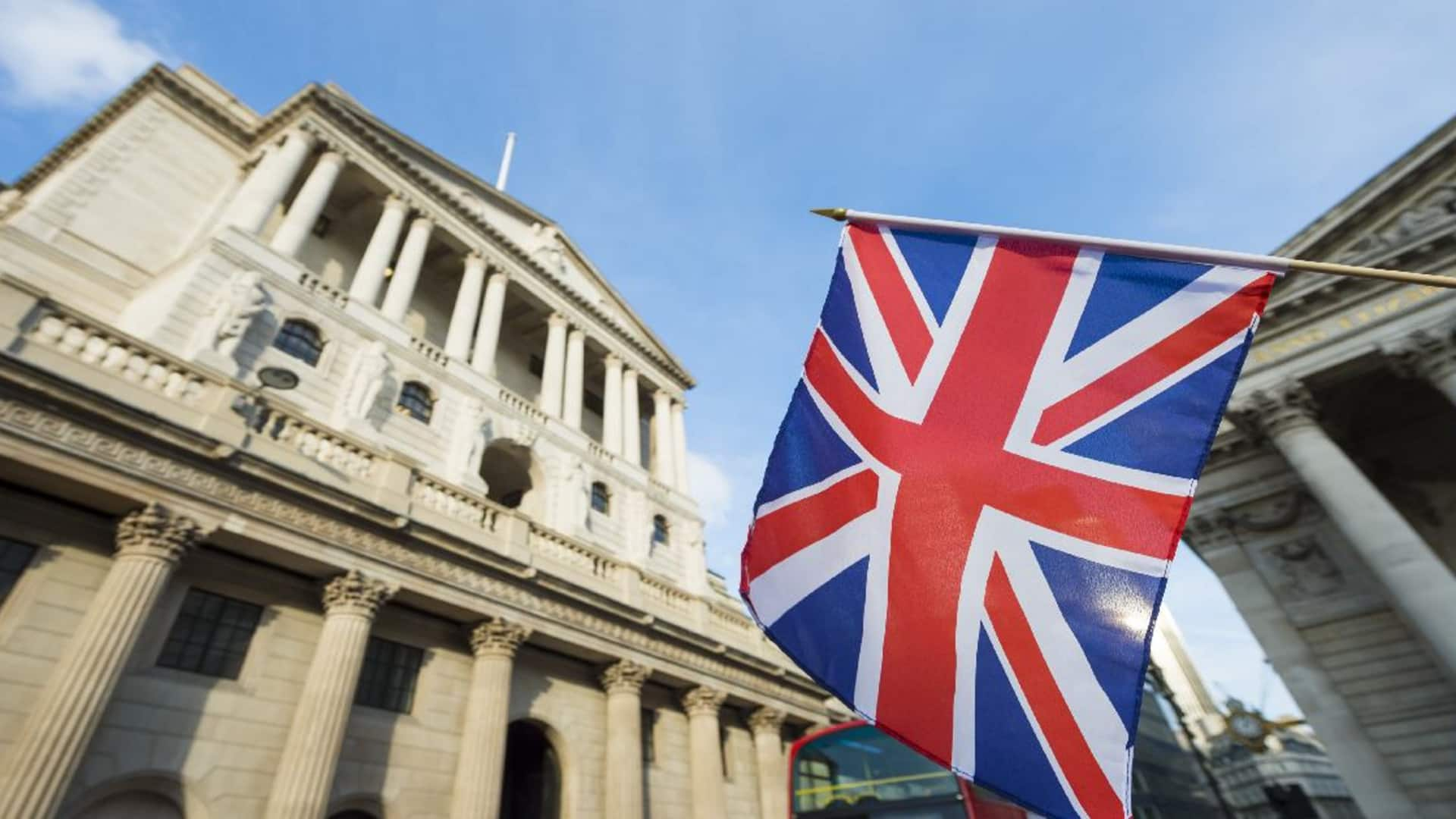
UK inflation unexpectedly rises, dampens talk of potential rate cuts
What's the story
In December 2023, the retail inflation in UK, also known as consumer prices index (CPI) rose to 4% from 3.9% in November. This change complicates the interest rate outlook for the government and the Bank of England. The increase is due to businesses charging each other higher bills for services, which are then passed on to consumers. Core inflation remained steady at 5.1%, while services inflation went up from 6.1% to 6.2%.
Details
Factors affecting inflation and interest rates
Last year, businesses had reasons to raise prices, such as increased gas and electricity costs and workers demanding higher wages. Although these pressures are easing, competition isn't stopping price increases in certain sectors like business and financial services. Financial markets predict five rate cuts this year, lowering the cost of borrowing from 5.25% to below 4%. However, the latest inflation figures might make the Bank of England more cautious about cutting interest rates.
What Next?
Potential impact on future interest rates
Economists expect a small rise in January's CPI figures due to significant drops in energy price inflation last year. An increase in December and January's CPI could lead the Bank of England to rethink aggressive interest rate cuts, possibly using high interest rates to pressure service companies into lowering prices. Predicted declines in CPI during February, March, and April could bring inflation down to 2%, potentially supporting financial market bets on interest rate reductions.